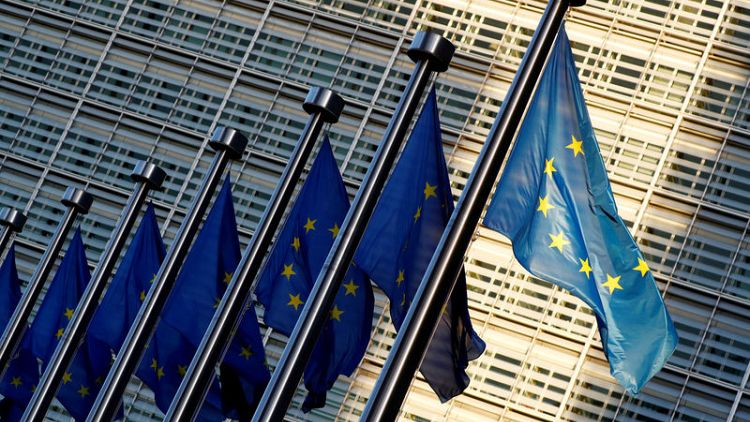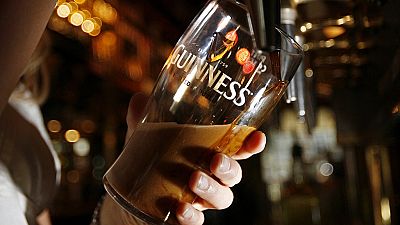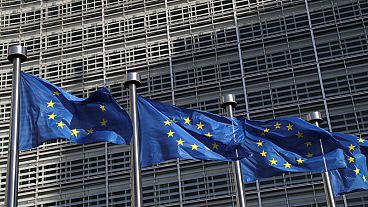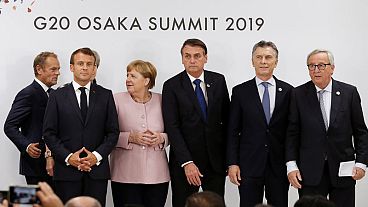By Philip Blenkinsop
BRUSSELS (Reuters) - European Union countries backed a proposal to impose anti-subsidy duties on Argentine biodiesel imports, with an exemption for producers that agree to a minimum price, a European Commission source said on Wednesday.
The Commission, which oversees trade policy in the 28-member EU, said earlier this month it had told interested parties that it was willing to accept price undertaking from Argentine producers, allowing them to escape extra duties.
The European Union's 28 member states voted in favour of the measures at a meeting on Wednesday, the source said.
With their backing, the Commission is set to impose anti-subsidy duties, normally in place for five years, by Feb 28.
The scheme, with a minimum price option, would mirror that used to allow Chinese solar panel producers to export to the bloc after a major dispute over alleged dumping that threatened to spiral into a trade war. For Argentine biodiesel, the Commission has proposed dutiesof between 25.0 and 33.4 percent depending on the companies, adocument seen by Reuters in December showed. Exporters include the Argentine arms of Bunge Ltd,Cargill Inc and Louis Dreyfus Corp, as wellas Molinos Rio de la Plata SA. The Commission began investigating Argentine andIndonesian biodiesel imports in 2012 following a request by EUproducers of fuels made from vegetable and recycled oil. The EU case was based on export duties both countries imposeon the raw material, soybeans for Argentina and palm oil forIndonesia. The EU view was that this gave an unfair advantage tobiodiesel producers there, allowing them to sell at unfairly lowprices. It imposed anti-dumping duties in 2013, but then had toremove most in March 2018 after successful challenges at theWorld Trade Organization and the European Court of Justice. The Commission opened its current anti-subsidy investigationa year ago.
(Reporting by Philip Blenkinsop; editing by Francesco Guarascio and Elaine Hardcastle)



